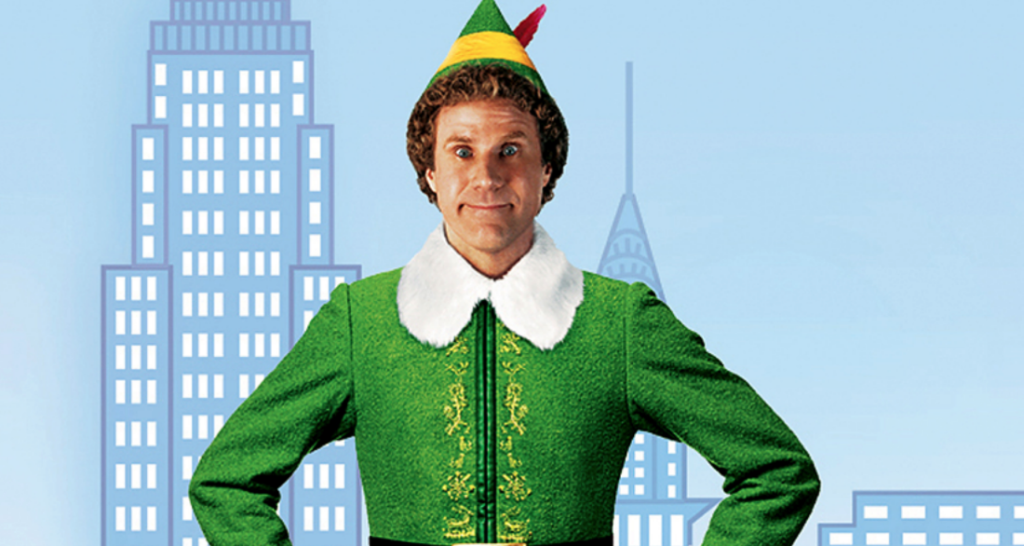According to a specialist, to create a culture of consent, parents should ask their newborns’ permission before changing their diapers.
Parenting may be a challenging endeavour, and a pile of dirty diapers must be dealt with in addition to all the love and laughter.
Watch our video of the week:
We were all infants once, and while that component of the job isn’t glamorous, it’s necessary, because speaking is one of the things that newborns can’t do.
One expert’s advice that parents should get their children’s consent before modifying them has some people scratching their heads.
The self-described “sexuality educator, speaker, and author,” Deanne Carson, has been instrumental in igniting a discussion about consent culture since it was a young concept.
During an appearance on ABC in 2018, Carson shared her insights on fostering a culture of consent in early childhood. While she typically engages with children aged three and above on issues related to consent, she emphasized the significance of introducing these concepts even earlier.
Obviously, newborns can’t verbally respond, but Carson highlighted the importance of non-verbal communication, particularly eye contact, in conveying the message that a child’s response matters.
In a segment focused on consent laws, she explained: “We work with children from three years old. We work with parents from birth.”
This unconventional approach led a reporter to inquire: “From birth?”
Carson firmly responded: “Yes, just about how to set up a culture of consent in their homes so ‘I’m going to change your nappy now, is that OK?'”
She acknowledged that expecting a verbal response from a baby is unrealistic, adding humorously: “Of course, a baby is not going to respond ‘Yes, mum, that’s awesome, I’d love to have my nappy changed.'”
Carson expanded on the technique, saying that parents may let their children know that their emotions are important by giving them a little moment of anticipation and waiting for non-verbal signs like eye contact.
It’s safe to say that this claim raised eyebrows online, with many questioning the purpose of asking for permission from a baby who doesn’t really know what’s going on.
One person questioned: “And what happens when baby says no? Do it anyway? Whoa now there is the real problem.”
A second said: “Either she has never wrestled a toddler during a change or worse, she just left hers in a s****y nappy until it was ready to consent.”
A third person added: “For sanity’s sake – if a baby’s nappy needs changing, you change it. You are the adult & in charge of the baby – the baby isn’t in charge of you. Although it feels like it sometimes.”















